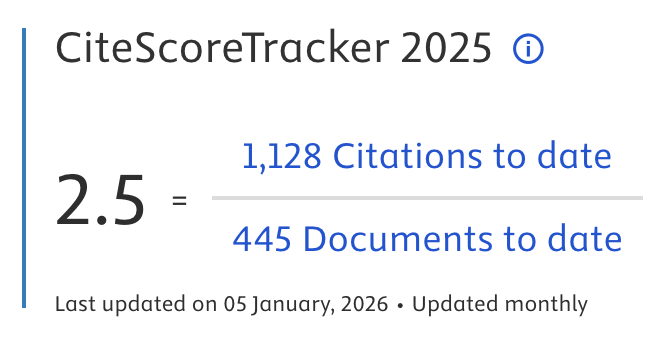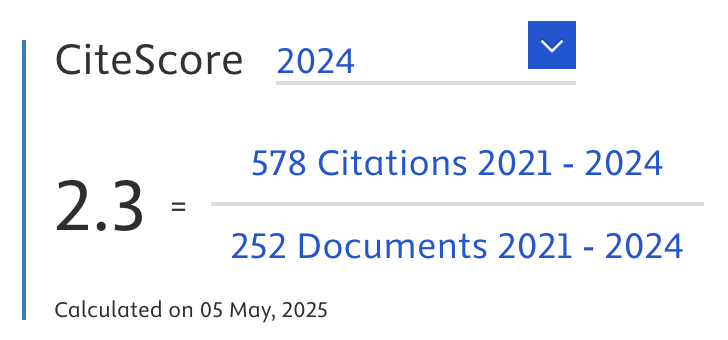Classification of Political Party Conflicts and Their Mediation Using Modified Recurrent Convolutional Neural Network
Abstract
The rapid proliferation of political information on the internet has exacerbated conflicts within political parties, including elite disputes, dualism, candidate controversies, and management issues, which can undermine political stability and public trust. To address these challenges, this study introduces the Modified Recurrent Convolutional Neural Network (M-RCNN), an enhanced RCNN model designed to improve classification accuracy and mitigate overfitting by incorporating additional layers and dropout mechanisms. The primary objective of this research is to provide an efficient and accurate framework for classifying political conflicts and mediation strategies, overcoming the limitations of traditional methods, particularly in handling imbalanced datasets and intricate data patterns. Using a dataset of 1,106 Indonesian news articles categorized into four conflict types—elite disputes, management, presidential, and legislative candidate conflicts—and four mediation strategies—leadership decisions, deliberation, legal channels, and none—the data underwent extensive preprocessing, tokenization, and an 80:20 training-testing split. The M-RCNN achieved a conflict classification accuracy of 98.0%, a precision of 99.0%, and a loss of 0.03, significantly outperforming baseline models, including CNN (85.0% accuracy), RNN with LSTM (88.0%), and standard RCNN (85.0%). For mediation strategy classification, the model demonstrated exceptional performance with an accuracy of 99.0%, a precision of 99.0%, and a loss of 0.01, highlighting its robustness and scalability. This study’s novelty lies in its ability to process imbalanced and complex datasets with unparalleled precision and efficiency, providing a practical framework for automated political conflict analysis and mediation. The findings underline the potential of the M-RCNN model to revolutionize political science applications by delivering reliable, fast, and accurate tools for analyzing and resolving political conflicts, thereby contributing to the advancement of artificial intelligence in promoting political stability and fostering public trust.
Article Metrics
Abstract: 336 Viewers PDF: 176 ViewersKeywords
RCNN; Political Parties; Text Classification; Conflict Mediation; NLP; Deep Learning; Modified RCNN
Full Text:
PDF
DOI:
https://doi.org/10.47738/jads.v6i1.513
Citation Analysis:
Refbacks
- There are currently no refbacks.

Journal of Applied Data Sciences
| ISSN | : | 2723-6471 (Online) |
| Collaborated with | : | Computer Science and Systems Information Technology, King Abdulaziz University, Kingdom of Saudi Arabia. |
| Publisher | : | Bright Publisher |
| Website | : | http://bright-journal.org/JADS |
| : | taqwa@amikompurwokerto.ac.id (principal contact) | |
| support@bright-journal.org (technical issues) |
 This work is licensed under a Creative Commons Attribution-ShareAlike 4.0
This work is licensed under a Creative Commons Attribution-ShareAlike 4.0





.png)